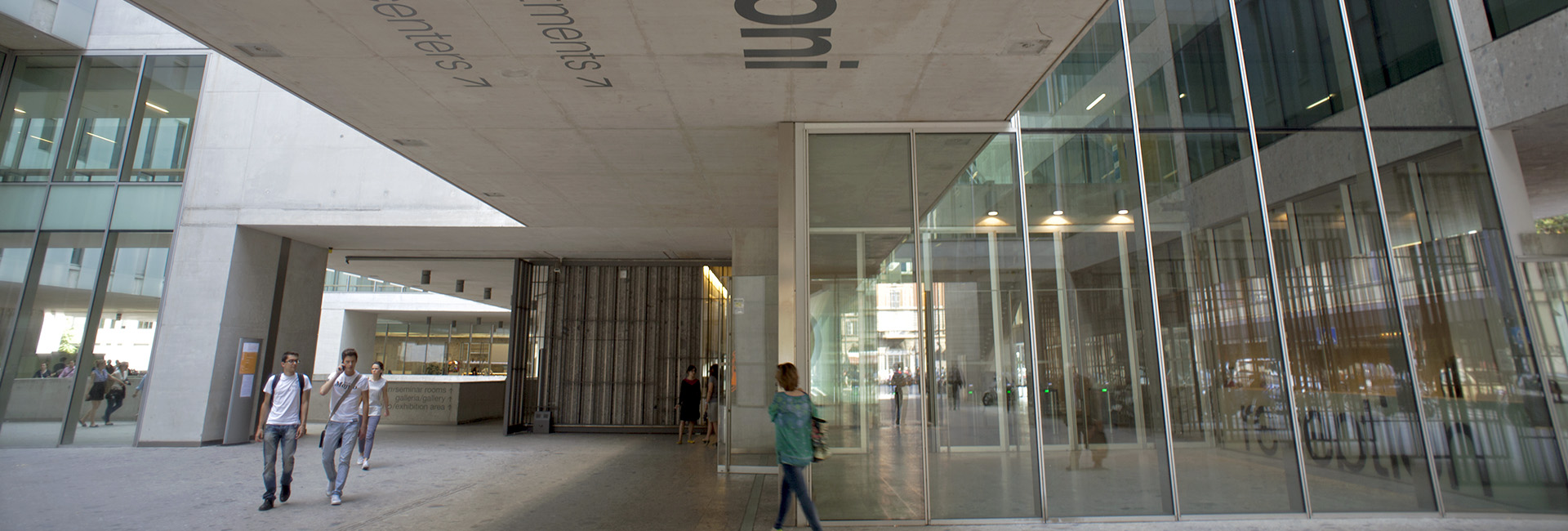5115 - INTERNATIONAL ECONOMICS (REAL AND MONETARY)
Go to class group/s: 16
Introduction to the course:
The first part of the course provides the tools necessary for an analysis of the determinants, patterns and effects of international trade and of government trade policies. The second part builds on the concepts introduced by the course on Macroeconomics, to provide students with a deep understanding of the macroeconomic functioning of a system which is "open" and integrated with the rest of the world.
Course Content :
1. International Trade Theory
-
Labor productivity and comparative advantage: the Ricardian model.
-
Immobile factors and income distribution.
-
Resources and trade: the Heckscher-Ohlin model.
-
Economies of scale and international trade.
-
Monopolistic competition and trade.
-
International labor mobility.
-
International borrowing and lending.
-
Direct foreign investment and multinational firms.
-
The instruments of trade policy.
-
The political economy of trade policy.
-
International negotiations and trade policy.
-
Trade policy in developing countries.
2. Open Economy Macroeconomics
-
The balance of payments and the exchange rate: basic concepts and definitions.
-
The "fundamental" determinants of exchange rates.
-
Exchange rates and international capital mobility.
-
Exchange rates and expectations.
-
Fixed exchange rates and central bank intervention.
-
Monetary and fiscal policy with fixed and flexible exchange rates.
-
National economic policies in a monetary union.
-
The International Monetary System: a synthetic history since the gold standard.
-
From the European Monetary System to Europe´s Economic and Monetary Union.
-
The euro and the European Central Bank.
-
Global macroeconomics and today´s three main currencies: the dollar, the euro and the yen.
-
Developing countries and the international debt problem.
-
International financial stability, the IMF and other international economic institutions.
Textbooks:
-
P. KRUGMAN, M. OBSTFELD, International Economics: Theory and Policy, 5th ed., Scott, Foresman and Company, 1999.
For further and countinuously updated information consult the IEP web site or contact S.I.D. - Servizio Informazioni Didattica - Via Gobbi, 5 - 3rd floor.
Examinations:
Written examination.
Students may take the exam in two written parts: a mid-term exam and a final exam to be taken within the end of the summer session. In this case the exam will be considered as passed only if both tests are sufficient.





